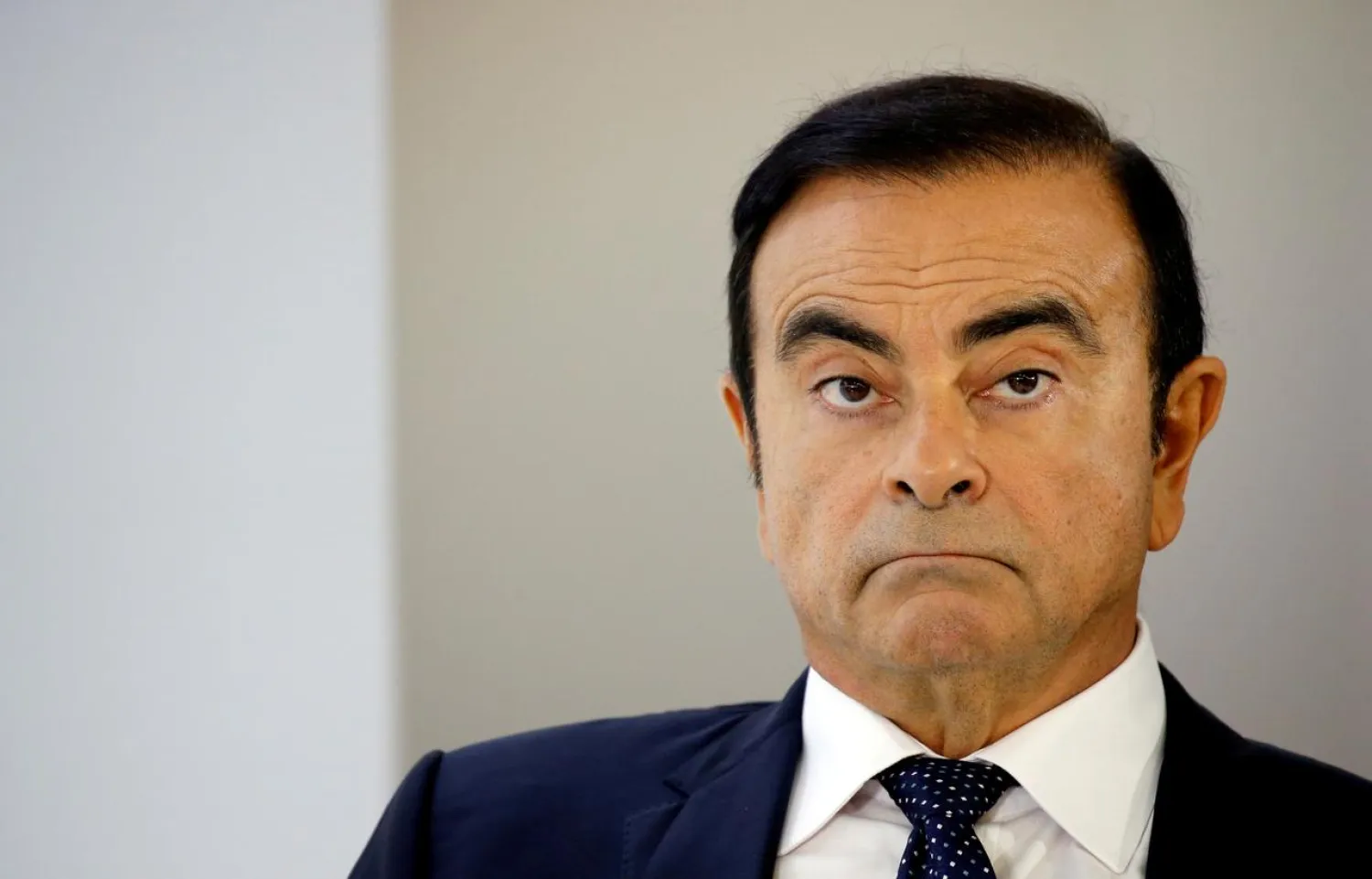A US federal judge on Thursday gave the go-ahead to extradite to Japan two Americans who were arrested in May 2020 on suspicion of having helped former Renault-Nissan boss Carlos Ghosn flee Japan.
Judge Indira Talwani ruled that Michael Taylor and his son Peter Taylor could not satisfactorily back up their claim that they would be subjected to conditions approaching torture in Japanese prison to merit breaching the extradition treaty between Tokyo and Washington.
"Although the prison conditions in Japan may be deplorable and although the criminal procedures that the Taylors may be subjected to may not satisfy American notions of due process, those allegations do not constitute the 'severe physical or mental pain or suffering' contemplated by the enacting regulations," the ruling said.
The two men did not establish "that they are more likely than not to suffer 'severe physical pain and suffering,' to be subjected to 'procedures calculated to disrupt profoundly the senses or the personality,' or to be threatened with death," Talwani said.
"They have therefore failed to establish that no reasonable factfinder could find anything other than that they are more likely than not to be subjected to torture in Japan."
And the judge pointed out their alleged actions would be considered a crime in the United States, as well as in Japan.
Michael Taylor, a former US special forces member turned private security, and his son were arrested in May 2020 after Japan issued a warrant.
Peter Taylor was apprehended in Boston as he was trying to leave the country for Lebanon, where Ghosn had taken refuge and where there is no extradition treaty with Japan.
The two men have been imprisoned while awaiting the extradition hearing due to being considered flight risks.
Japan has accused the Taylors, along with Lebanese George-Antoine Zayek, of helping Ghosn escape justice by fleeing the country on December 29, 2019.
At the time, he had been free on bail after facing accusations of financial misconduct.
US court documents show the three men allegedly tried to help Ghosn hide a large sum of money -- in a suitcase that looked like a musical instrument bag -- and then board a private jet.
The Taylors' lawyers immediately appealed Talwani's decision, though it is not clear when the appeal would be heard.
They declined to comment, as did Nissan. Ghosn and the Japanese embassy in Washington did not immediately comment.









